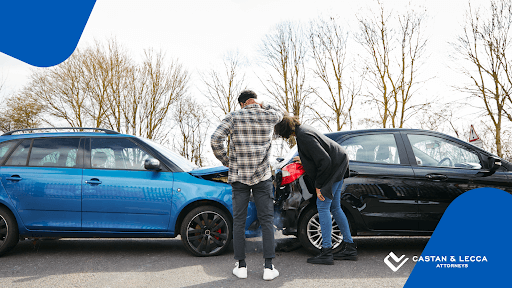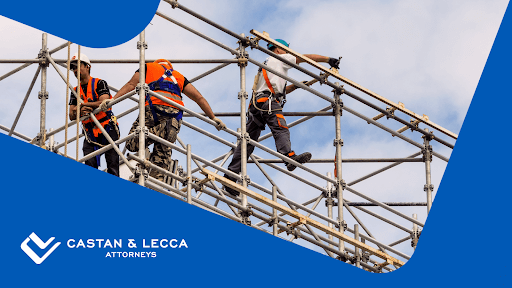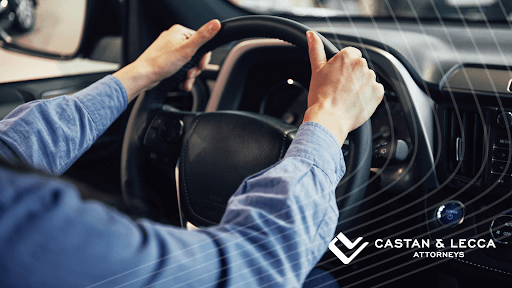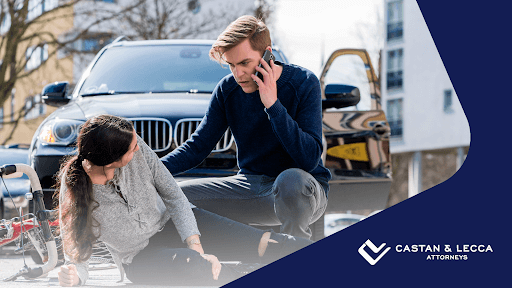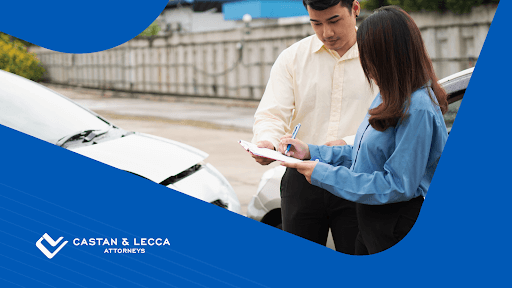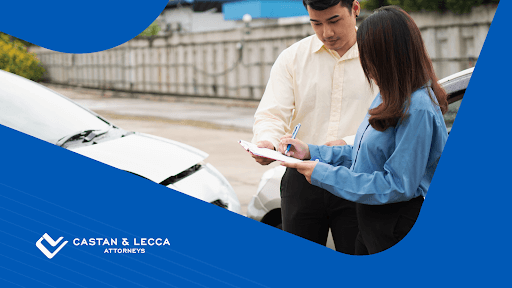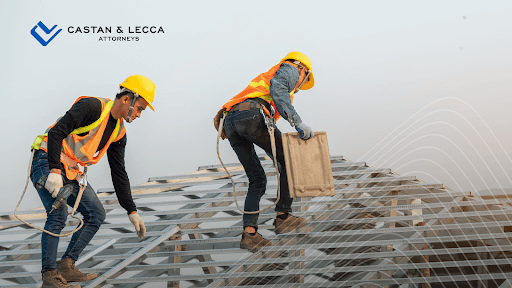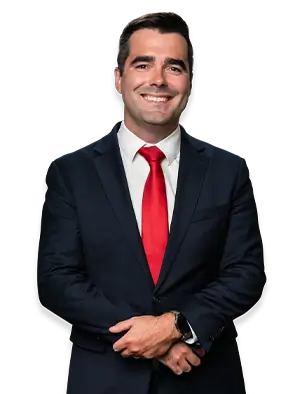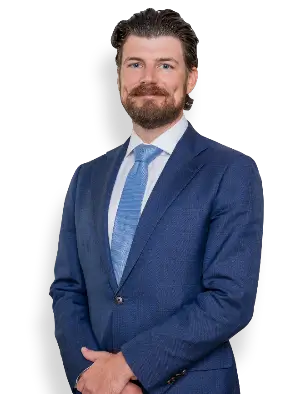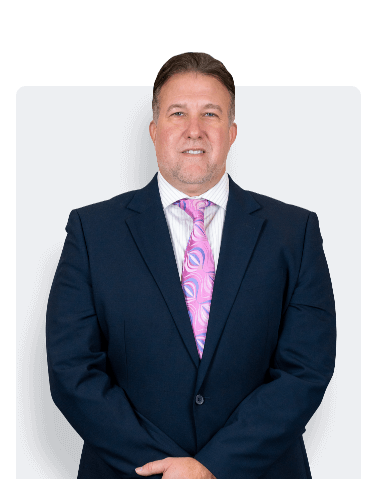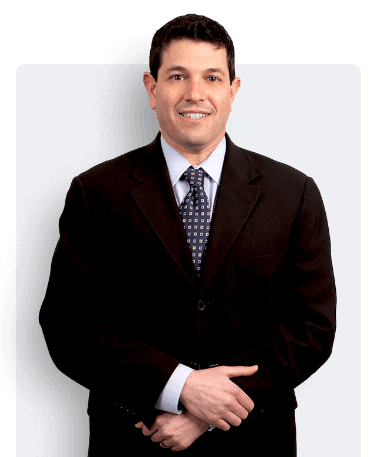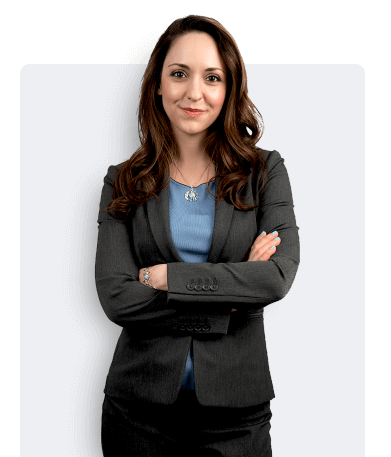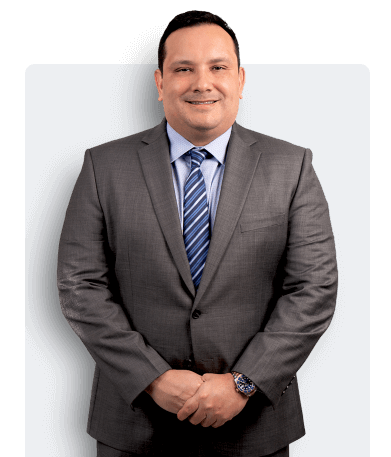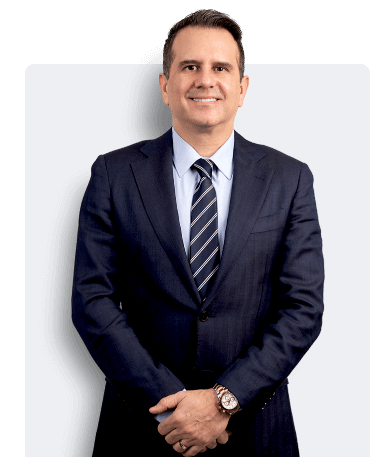What Information Should You Give Your Lawyer After a Work Accident?
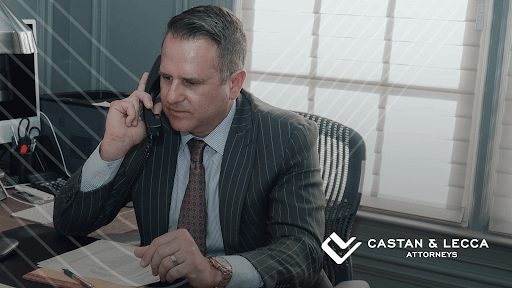
When a worker suffers an injury at work, it can be a stressful and overwhelming moment. In addition to dealing with the physical consequences of the injury, the worker must also face financial concerns and uncertainty about how to pay their medical bills and cover daily expenses while recovering. In these cases, it is important to hire a specialized workers’ compensation attorney to protect their rights.
However, for an attorney to provide the best possible assistance, it is essential to provide them with all relevant information about the accident and injuries. In this post by Castan & Lecca, attorneys specializing in workers’ compensation, we will explain what information a worker should give to their attorney to help ensure their workers’ compensation claim is handled effectively.
Personal Information
The first piece of information an injured worker should provide to their attorney is their detailed personal information, including their full name, address, phone number, and email address.
This information is essential for the attorney to communicate with the worker and provide updates on the status of their claim. Additionally, the worker’s personal information will be necessary for filing the required legal documentation for the claim. Make sure to provide accurate and up-to-date information to ensure smooth and effective communication between you and your attorney.
Accident Details
Another important piece of information that an injured worker should provide to their injury attorney when filing a claim is the details of the accident, including the date and time it occurred and how it happened.
It is crucial for the worker to provide a detailed description of the accident, including any hazardous situations or conditions in the workplace that may have contributed to the injury. Also, it helps to provide any photographs or videos the worker may have of the accident scene and the injuries sustained.
This information will help the attorney understand the circumstances surrounding the accident and assess who is responsible. Remember, the more details you can provide, the better your attorney’s understanding of your situation will be.
Injuries Sustained
The injured worker should also provide detailed information on the injuries sustained. This includes the type of injury, its severity, and any received medical treatment.
It is also important to include details about medical care, prescribed medications, and the names of the doctors and specialists who have treated the worker. With this information, the attorney can evaluate the value of the claim and determine the type of workers’ compensation benefits the worker may be eligible to receive.
Don’t forget to provide any relevant medical documentation, such as injury reports, bills, and medical records, to support your claim.
Witnesses and Statements
If there were any eyewitnesses to the accident, it’s important to provide your attorney with their names and contact details. If possible, request written statements from the witnesses, as these can be valuable in supporting your claim.
If there were no witnesses, be sure to provide any other evidence that may support your claim in your workers’ compensation case, such as pictures or videos of the accident scene or the injuries sustained. Your attorney will use this information to strengthen your claim and increase your chances of success in the workers’ compensation process.
Communication Exchanges with the Employer
The injured worker should provide information about any communication they had with their employer regarding the accident and the injuries sustained. If the worker has filed a workers’ compensation claim with their employer, they should provide any documentation related to that claim, including any written or email communication with the employer.
Additionally, if the worker has spoken to a supervisor or manager about the accident, they should provide details of those conversations. Your workers’ compensation lawyer can use this information to determine if the employer has fulfilled their legal obligations and can work to solve any issues that may have arisen in the claims process.
In conclusion, providing your workers’ compensation attorney with accurate and complete information is essential to ensure that your claim is resolved effectively and quickly. Remember to provide personal information, details of the accident, injuries sustained, witnesses and statements, communications with your employer, and any other relevant information that may help your attorney support your claim.
If you have suffered a workplace injury, do not hesitate to contact Castan & Lecca, specialized workers’ compensation attorneys. We have extensive experience working on cases involving work-related injuries and their families to obtain maximum benefits and compensation.
Request your free consultation now and we will guide you through the entire claims filing process. We are committed to helping you achieve the best possible outcome for your case. To schedule a free consultation, contact us by clicking here.






